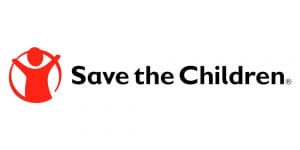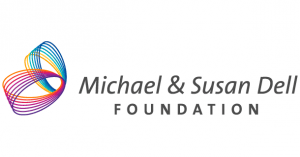Global Development
Maximizing the impact of existing and new global development and humanitarian efforts using insights from behavioral science can help improve life for millions in contexts of extreme poverty or instability around the world. Living in such contexts forces people to make tough trade-offs every day, in turn making it difficult to improve their well-being and long-term economic prospects. This can include:
-
Spending cash transfer funds on immediate needs rather than making productive livelihood investments
-
Sending children to work instead of school
-
Spending time on income-generating work rather than vocational training programs
-
Meeting immediate consumption needs at the expense of protection, health, or other long-term priorities
Using behavioral insights to redesign the delivery of global anti-poverty and humanitarian programs will give millions the slack needed to minimize such trade-offs, maximizing program effectiveness and providing participants with tools to improve their economic well-being as they see fit.
Explore our project work maximizing the impact of global anti-poverty and humanitarian programs:
Selected Partnerships
View All





Our People
Contact Us
livelihoods@ideas42.org






